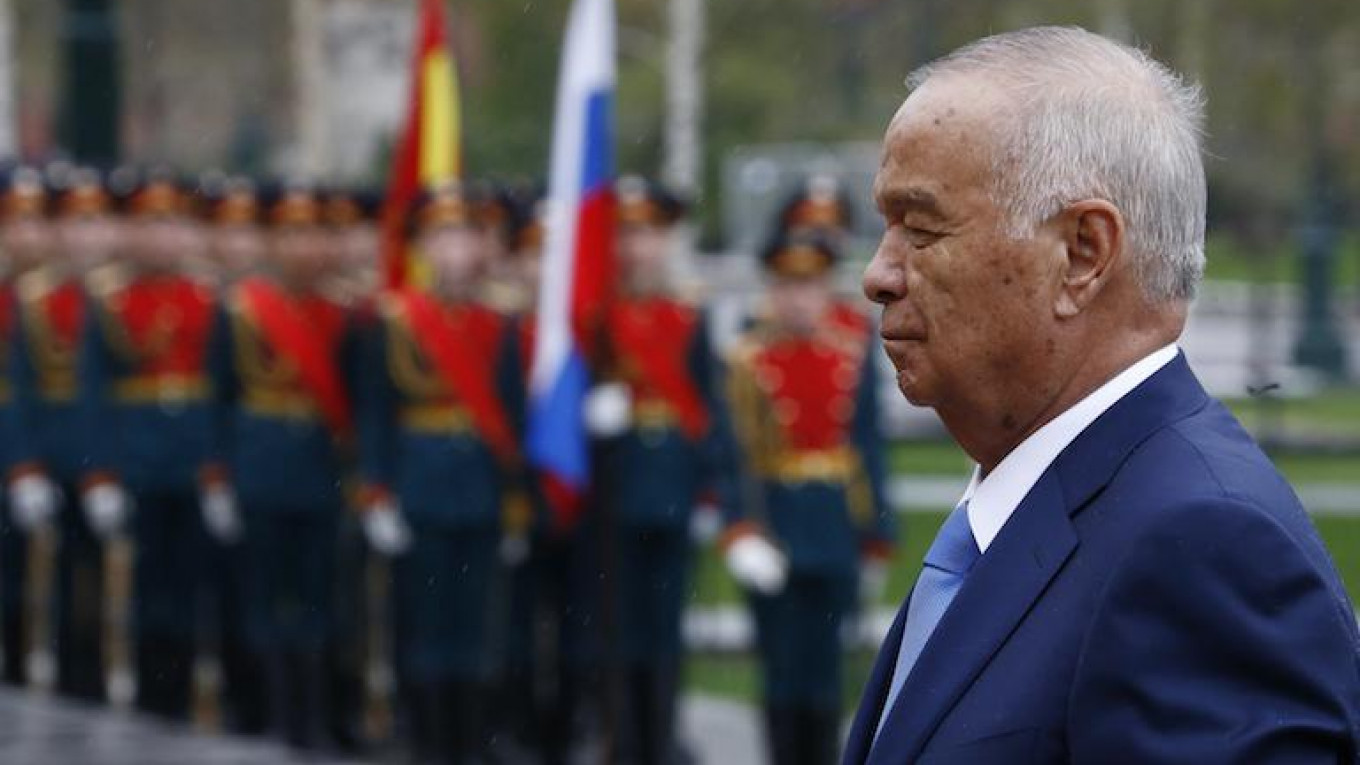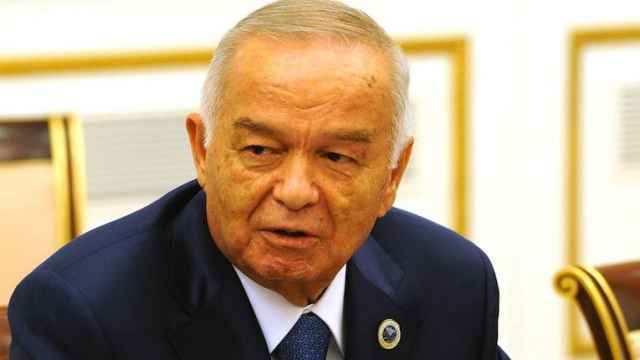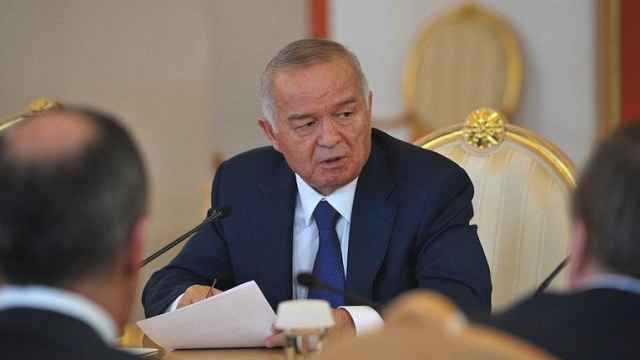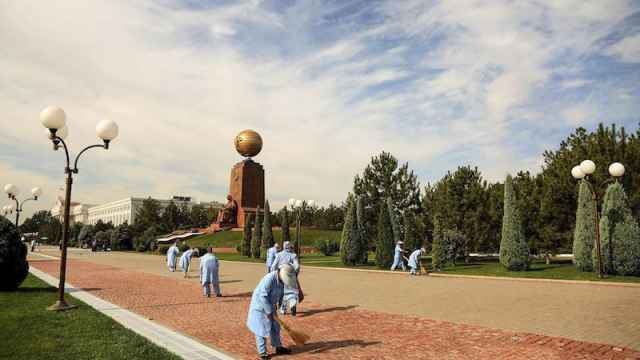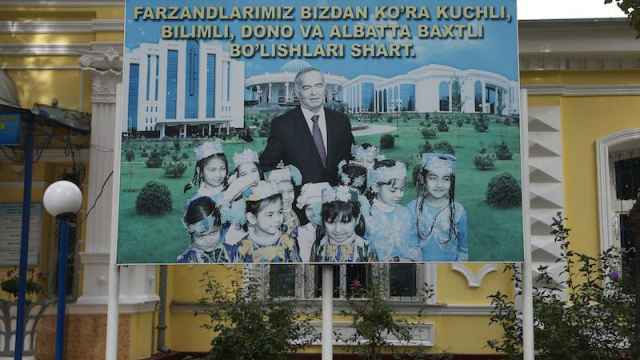Change
is coming to the regimes of Central Asia, with Uzbekistan only the
first state to experience a succession crisis. The departure of a
long-standing leader can result in regime consolidation, but a
struggle for power can also lead to a period of glasnost and
democratization.
The average age of a citizen of Uzbekistan is 27.1 years old. That is exactly the number of years Islam Karimov has ruled his country.
What happens to a country whose people for the most part have never known another leader when that leader leaves? The ruling bureaucracy often sets aside its internal quarrels and unites in an instinct of self-preservation. Sometimes they need to draw support from the people, and an internal power struggle becomes public, which makes democratization possible.
The stability of its neighbors also pretty much fluctuates relative to the blood pressure of their presidents. Kazakhstan seems to be constructed on more rational and predictable lines, but its future strongly depends on its leader’s health. Tajikistan and Turkmenistan are in the same boat. The autocratic leaders of these two republics are not that old, but they are also mortal. If threats of regime breakdown materialize, Russia will have to deal with refugees, ethnic strife, and religious wars almost unaided.
When an imminent succession crisis threatens a country that has been ruled for a long time by one leader, the dictator’s inner circle is sometimes not ready. They try to do everything medically possible to keep the old man alive, thus giving themselves more time to jostle for the title of successor. That was what happened with Leonid Brezhnev in the early 1980s. His health gravely deteriorated in the last seven to eight years of his life, but his associates did not want him to retire full-time to his dacha in Zavidovo. They forced him to spend three days a week running the country.
But when the fateful day dawns, a series of things generally happens. First, no one knows whether the leader is actually alive or dead (as is the case in Uzbekistan at the moment). In the latter case, people learn about it after a delay, while they are being conditioned to accept the inevitable by listening to news reports about the leader’s ever-changing medical condition. During that time, the strongest person gets a chance to crush his opponents (whether figuratively or literally) and take charge of the funeral arrangements. Alternatively, several weaker figures may get together to crush the strongman and take collective charge of the funeral ceremony.
The death of a leader and a succession struggle can even bring about democratization. Deprived of the prop of the leader’s authority, which inevitably accrues to him when the number of years he spends in power are equivalent to the average age of the country’s population, the protectors of his legacy or the revisionists are forced to draw support from the people—not just the army, navy, and road police. And in this period, youth may take to the streets. Pretty much anyone, except the official successors of the leader, can end up in charge of the youth crusade. It could be religious fanatics, whose organizations are prohibited in Russia and beyond, or less bloodthirsty activists.
Change is coming to Uzbekistan and the rest of Central Asia. The only thing that is unclear is what kind of change and what kind of succession awaits these countries.
Alexander Baunov is a senior associate at the Carnegie Moscow Center and editor in chief of Carnegie.ru.
This article originally appeared on Carnegie Moscow's Inside Central Asia blog.
A Message from The Moscow Times:
Dear readers,
We are facing unprecedented challenges. Russia's Prosecutor General's Office has designated The Moscow Times as an "undesirable" organization, criminalizing our work and putting our staff at risk of prosecution. This follows our earlier unjust labeling as a "foreign agent."
These actions are direct attempts to silence independent journalism in Russia. The authorities claim our work "discredits the decisions of the Russian leadership." We see things differently: we strive to provide accurate, unbiased reporting on Russia.
We, the journalists of The Moscow Times, refuse to be silenced. But to continue our work, we need your help.
Your support, no matter how small, makes a world of difference. If you can, please support us monthly starting from just $2. It's quick to set up, and every contribution makes a significant impact.
By supporting The Moscow Times, you're defending open, independent journalism in the face of repression. Thank you for standing with us.
Remind me later.



